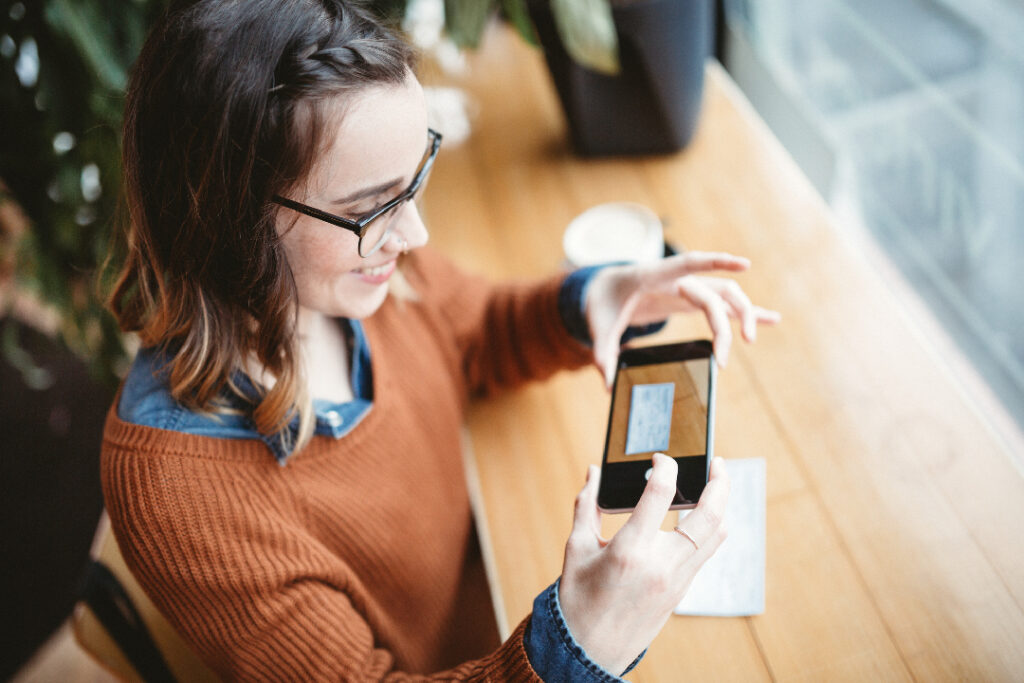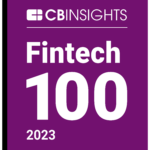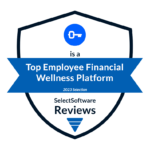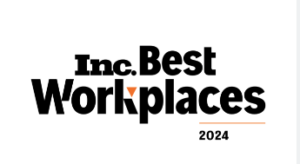There was a time when the phone company owned your phone number. Every time you wanted to switch providers you had a big homework assignment: Updating your number on file with every company or person you needed to hear from.
Thanks to advocates, we now own our phone numbers. With a stroke of the pen, one common form of what Professors Richard Thaler and Cass Sunstein call headache-inducing sludge was consigned to the dustbin.
If we did it for phone numbers, why not provide the same ownership rights for bank account numbers?
Owning your bank account number will reduce headaches and put money in your pocket. It will be a win for competition. And it will eliminate yet another disadvantage for those who tend to switch bank accounts most: disproportionately low-income and Black and Brown communities.
Having a bank account number for life could mean keeping that set of digits on the bottom of your paper checks, known as routing and account numbers. Routing numbers are like area codes but instead of a state, it’s a bank. Account numbers are akin to the last seven digits of your phone number.
Some banks may claim that it’s “too hard” to repurpose routing and account numbers for portability, or to apply them for all types of payments. But, it’s no more unthinkable for routing numbers to be hooked up to a new bank than it is for someone to keep their Chicago area code when they move to Houston.
The real reason some banks say it’s too hard: Owning your own bank account number would make it far easier to switch banks. That means more pressure on banks to keep your business. They’d have to think twice before introducing junk fees, like President Biden recently called out in the State of the Union.
Owning your own bank account account number also means more money in your pocket. Why? Money that doesn’t currently reach you because of missing or outdated bank account information would arrive as intended. This might include things like stimulus checks or a refund from your previous cable provider.
Each state administers a lost-and-found for money, and as of this year, states have reported $70 billion in unclaimed assets that could be helping consumers grappling with economic headwinds, instead of sitting in states’ coffers.
If no one claims that money after a while, states can take it; they reportedly pocket $3 billion of that money each year. And that’s just part of what you lose out on.
We all pay the price when banks own account numbers instead of us. But low-income and people of color, who switch bank accounts at the highest rates, suffer the most. This burden also falls on people who need to escape difficult situations, like victims of domestic violence or those who get kicked out of their homes for being LGBTQ+. These groups include people who are also more likely to switch physical addresses and miss mail warnings about payments or assets to which they’re entitled.
In the fall of 2022, the IRS needed to mail a reminder to nine million people who likely missed expiring stimulus checks and other key credits. That’s nine million people whose kids might have gone hungry, or might have missed their rent for want of those expiring payments.
Lifetime account numbers would always be able to receive payment. Otherwise, payments could bounce (and never be recovered) during periods when people without a bank account don’t have a lifelong bank number to connect to.
This issue can be solved in a few ways. One could be a free, universal banking public option, like Fed Accounts for all. Or making all banks offer free, standard debit accounts, which would require oversight to ensure accounts aren’t overly complicated or hard to find.
Or it could be a more mundane solution. Consumers may simply be more motivated to open a new checking account right when they close their old one, as we’ve seen with cell phones. In this way, the number of people who are unbanked might go to zero on its own. Market innovation and competition has already driven the number of unbanked U.S. households below 5%.
Pick your solution. Either way, the problem of continuous, universal banking access is eminently solvable, if we get bank number portability right.
It’s time to return the banking power to the people. Let us own our bank account numbers for life.
Written by Sophie Raseman, Head of Financial Solutions at Brightside





